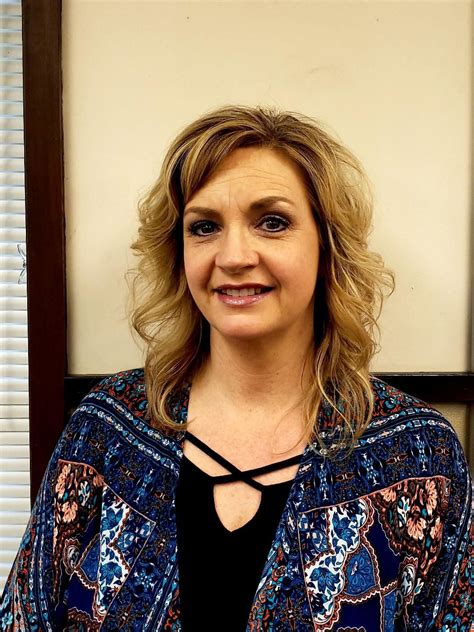A Quote by Charles Duhigg
Because the fees associated with a reverse mortgage are high, such loans make sense only for borrowers who expect to live in their home for a number of years.
Related Quotes
A consolidation makes sense only if you can lower your overall interest rate. Many people consolidate by taking out a home equity line loan or home equity line of credit (HELOC), refinancing a mortgage, or taking out a personal loan. They then use this cheaper debt to pay off more expensive debt, most frequently credit card loans, but also auto loans, private student loans, or other debt.
Both HUD and the Department of Justice began bringing lawsuits against mortgage bankers when a higher percentage of minority applicants than white applicants were turned down for mortgage loans. A substantial majority of both black and white mortgage loan applicants had their loans approved but a statistical difference was enough to get a bank sued.
I live in a Spanish-style hillside home in Los Angeles, California. I paid $900,000 in 1995. It's perhaps worth about $3m now. Thankfully, I paid off my mortgage before the crash because I could see it coming. I worried that I would be caught having to pay off a very high mortgage for a house I couldn't sell.
Student debt is crushing the lives of millions of Americans. How does it happen that we can get a home mortgage or purchase a car with interest rates half of that being paid for student loans? We must make higher education affordable for all. We must substantially lower interest rates on student loans. This must be a national priority.
Ask most people who live in a home and have a mortgage on it whether they own their own home and the answer is almost guaranteed to be a resounding 'yes'. Yet it's the wrong answer. Technically speaking, until they have paid the mortgage off, they don't own it. Herein lies the difference between reality and illusion, between ownership and control. This confusion lies not only at the individual level, but also at the heart of government thinking.
Maybe you'll take the cash out. So a credit card company or a bank that goes into the business of saying we're going to be the broker, we're going to sell you a mortgage that you're going to be able to pay off, we're going to help you reduce your credit card debt, we're going to help you save for retirement, we're going to put you into mutual funds that have low fees rather than high fees.





























